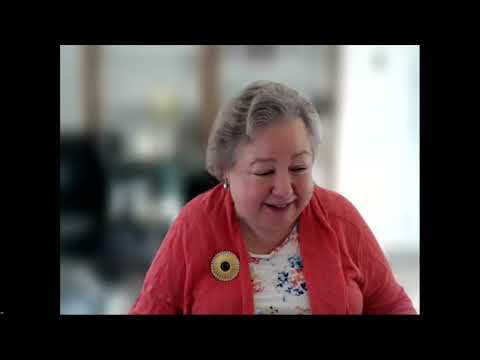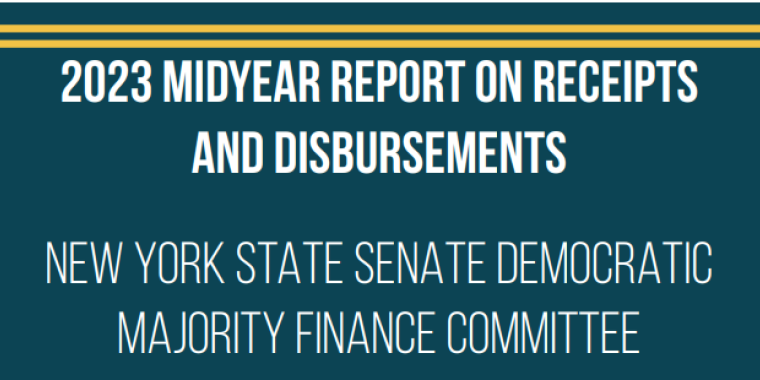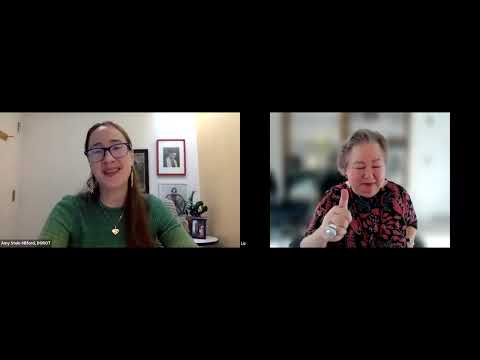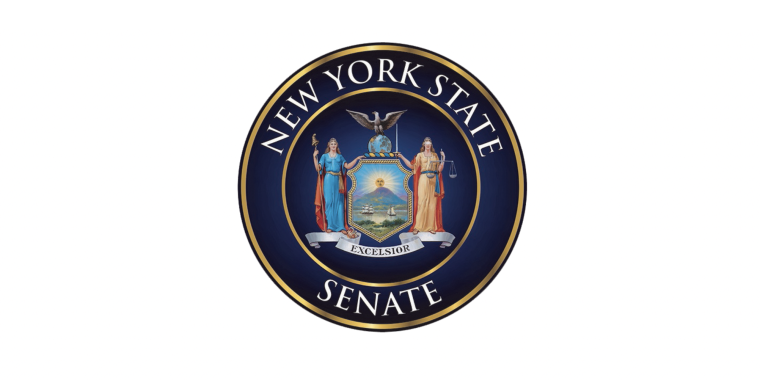
Testimony Before The New York CIty Council's Housing & Buildings Committee Regarding Intro 534 & Illegal Hotels On December 3, 2007.
Liz Krueger
July 15, 2010
My name is Liz Krueger and I represent the 26th Senate District, which includes the East Side and Midtown areas of Manhattan. I also serve as the Ranking member of the NYS Senate's Committee on Housing, Construction and Community Development. I want to thank Chairperson Dilan and the members of the Housing and Buildings committee for providing me with the opportunity to testify on this critical piece of legislation, Intro 534, which significantly increases the fines for illegal conversions of permanent residential buildings to illegal transient hotels. I have been working through a task force of City and State legislators, and City and State agency representatives to understand the complex and expanding issues of illegal hotel usage within residential buildings. Based on our work, I believe that the bill before you today, introduced by our colleague Council Member Gale Brewer, is a critical and necessary first step within a larger legislative agenda needed to address the growing issue of illegal hotel use and to preserve permanent residential affordable housing for thousands of tenants across the City.
The problem of residential buildings being illegally converted into transient hotels and short-term rentals largely catering to tourists has become a serious issue in numerous buildings across my district over the last several years. We now regularly receive complaints from constituents. Tenants are understandably upset that their homes, where many of them have lived for many years, are suddenly being "turned into commercial hotels" leading to numerous troubling conditions, quality of life issues and the typical problems associated with illegal conversion and improper use of residential spaces. These constituents rightly complain about the negative effects on them and their ability to live peacefully in their homes due to decreases in building services due to increased usage by tourists and short-terms guests, security concerns because of the high turnover of guests particularly in the buildings that are being used on a daily and weekly basis. Due to the fact that the owners and operators of these building are acting contrary to their Certificates of Occupancy, there are also legitimate fire safety concerns because these residential buildings do not meet the same fire safety standards that are required for licensed transient and commercial hotels. One of the largest concerns is the negative effect these illegal hotels have on affordable housing in communities throughout Manhattan. The majority of these buildings have large numbers of rent regulated units which are being used as illegal hotel rooms and because they are so profitable, often much more so than renting to permanent regulated tenants, owners often attempt to harass tenants out of their homes to get the apartments vacant.
Illegal hotel use is also a common practice in buildings that are converting to cooperatives and condominiums, so we are also seeing large numbers of market-rate tenants being forced out as well. A related egregious abuse by owners of these illegal hotels is that some of these buildings are receiving government tax subsidies such as 421-a and J-51 tax abatements or Liberty Bonds which are supposed to be used to promote permanent, residential affordable housing yet use many of the units in these buildings as illegal hotel rooms instead. The owners are essentially utilizing taxpayer money to further illegal activities to maximize their profits. These illegal hotels also serve to undermine New York City's legitimate hotel industry because these operators, by skirting the costs of legitimate hotels, can underprice these facilities. Through frequent misrepresentation (via internet advertising) and poor quality, when tourists have bad experiences in these illegal facilities the City of New York's international reputation as a tourist and business destination is harmed.
To combat this problem a number of my colleagues at both the State and City level called on the city to form an Illegal Hotels Task Force to work on this issue and one of the first recommendations coming out of the task force's discussions was the need for substantial increases in the fines for these illegal practices. As a result of our work, enforcement has been increased and the recently created Mayor's Office of Special Enforcement has done excellent work even with the limitations in its resources and the ambiguities in the various City and State laws related to this issue.
It also became clear from these task force discussions that the current fine structure and associated penalties for illegal hotel activities were so minimal that they just became the cost of doing business. One of the most important aspects of any effective enforcement are the fine and penalty mechanisms. Owners and management companies that violate these provisions need to face much stiffer penalties than those which currently exist through the Environmental Control Board (ECB). Council Intro 534 amends Section 26-126 of the Administrative Code and would substantially increase the fines whose maximum is now only $800 for an entire building, no matter how many units are actually being used in this manner. The fine ranges under this proposed law -- which would escalate for each offense within an eighteen month period, from $1,000 - $5,000 for a first offense, $2,500 - $15,000 for a second offense, and $10,000 – $20,000 for a third offense -- are enough to truly discourage operators of this illegal business. In addition, the daily additional penalties of $300 - $400 per unit, per day are one of the most critical components of this bill because they will provide significant financial disincentives for owners. They are large enough to cut into the profits of these illegal hotel operators. Further, the escalating nature of these penalties will send a strong message that government is concerned and committed to enforcing the law and safeguarding New York City's critical housing stock. Another provision of the bill that will help to insure that once these units have stopped being used as hotel rooms and returned to permanent housing is that the burden will shift to the owner to prove that a unit is no longer being used as a transient or short-term stay hotel room. This legislation also clearly states that owners will have to demonstrate the unit was returned to permanent residential housing in compliance with its Certificate of Occupancy.
Share this Article or Press Release
Newsroom
Go to NewsroomSenator Krueger's 2023 Virtual Senior Resource Fair Part 2
November 6, 2023

2023 Midyear Report on Receipts and Disbursements
November 6, 2023

Senator Krueger's 2023 Virtual Senior Resource Fair Part 1
November 3, 2023

Sen. Krueger's Message on the Tragedy Unfolding in Israel
October 10, 2023
